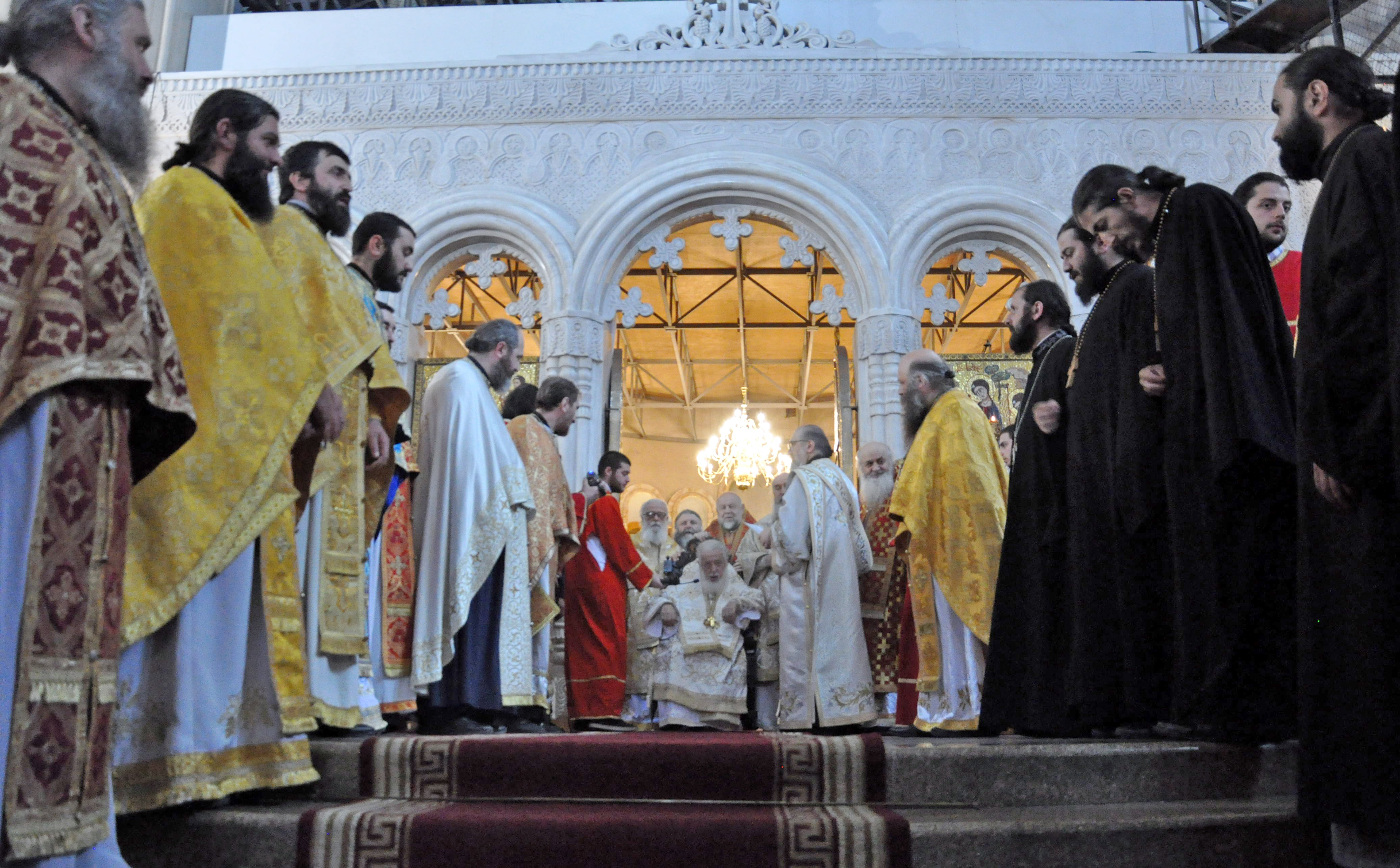

With persistent and growing talk of ‘polarisation’ in Georgia, CRRC-Georgia examines the actors, issues, and institutions that people think divide society.
The last year has seen a number of conversations about polarisation in Georgia. The President of the European Council, Donald Tusk, even commented on the issue in his Batumi speech. One of the components of polarisation, though not the sole factor, is division in society over actors, issues, and institutions.
While many things could divide the public, what do the people think and which groups report more and fewer sources of division? The April 2019 NDI-CRRC poll suggests that there are fewer perceived reasons for division in rural areas and among ethnic minorities.
Although ethnic minorities perceive fewer divisions, they also think that different issues divide the country: minorities are more likely to think that western actors create division, while ethnic Georgians are more likely to blame Russia and domestic institutions.
One factor does unite ethnicities, however: the most commonly cited source of division, no matter the respondent’s ethnicity, was politicians.
The survey asked whether 11 issues, actors, and institutions unite or divide Georgians as a society. The results suggest that politicians are most widely viewed as divisive. Even Russia was viewed as less of a divider than politicians in Georgia.
In contrast, religion and educational institutions were considered to unite society more than any of the other issues, actors, or institutions asked about. Uncertainty (don’t know responses) was greatest about NGOs (28%) and Euro-Atlantic institutions (24% for NATO and the EU).
To further explore perceptions of division, a simple additive index of the above questions was created to carry out further analysis, with respondents receiving one point for each item they reported divided society.
On average, individuals named seven items as dividing society. One in twelve (8%) reported that none of the issues asked about divide society and one in twenty (5%) reported that all of the issues asked about divided society.
The results of a regression analysis on the above index suggest that a number of socio-demographic groups perceive more issues, actors, or institutions as divisive. Ethnic Georgians, Tbilisians, and people with higher levels of education report that more groups are dividing society, all else equal.
The difference is rather small for education, with people with vocational and higher education perceiving about one half of one issue more on average.
By comparison, the difference is rather sharp with ethnicity. Ethnic Armenians perceive almost two issues less on average, and ethnic Azerbaijanis note around 2.5 issues less on average. The difference between settlement types falls in between, with inhabitants of rural areas highlighting about one issue less than those in Tbilisi, and those in other urban areas falling between the capital and rural areas.
With ethnicity, there are three sources of the observed differences. First, ethnic minorities express uncertainty more often than ethnic Georgians. This is particularly true of ethnic Azerbaijanis who report ‘don’t know’ more often than ethnic Armenians.
Second, among those that said each of the above issues either united or divided the country, there are differences in attitudes related to foreign policy. Ethnic Armenians and ethnic Azerbaijanis are significantly less likely to report that Russia divides the country, and significantly more likely, albeit to a smaller degree, to report that NATO divides the country. Ethnic Azerbaijanis also report that the EU divides the country at a greater rate.
Third, ethnic Georgians are much more critical of domestic actors. Georgians are more likely to say that politicians, educational institutions, the Georgian media, the country’s leaders, the current economic system, law enforcement, and NGOs divide the country.
While there is a division in perceptions of what divides the country between ethnicities, one thing is common among ethnic groups: of all the issues, actors, and institutions asked about on the survey, politicians are the most commonly cited source of division.
Note: The above analysis was based on an ordinary least squares regression model. The model’s dependent variables were the number of issues respondents named as divisive in the survey. The independent variables included age, sex, wealth (proxied through number of assets owned), educational attainment (secondary or less, vocational, at least some tertiary), ethnicity (Georgian, Armenian, Azerbaijani), settlement type (capital, other urban, rural), and employment status (have a job versus not having a job). The data used in the analysis is available here. Replication code for the analysis is available here.
Dustin Gilbreath is the Deputy Research Director of CRRC-Georgia. The views presented in this article do not necessarily represent the views of CRRC-Georgia. The views presented in this article do not represent the views of the National Democratic Institute or any related entity.








